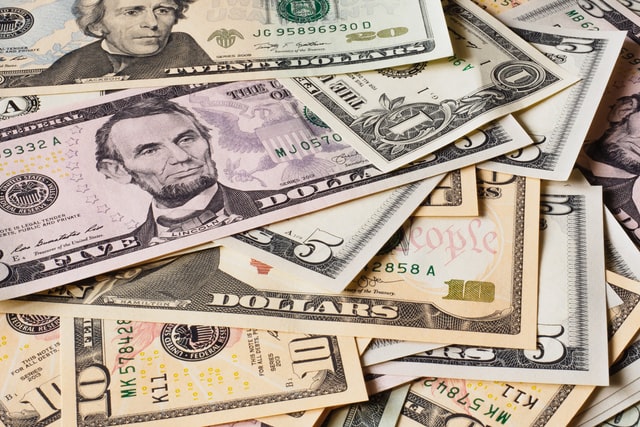If you need some money to get you to your next payday, a payday loan may be an option for you. However, you should understand how these loans work before you decide to get one.
What Is a Payday Loan?
A payday loan is a short-term cash loan. With a check advance Mississippi loan, the borrower either writes a personal check for the lender to hold until payday or gives the lender electronic access to a bank account. If the borrower writes a check, it is for the amount of money being borrowed plus the finance charge for the loan. When the borrower gets paid, the loan can be paid back by either giving the lender cash in exchange for returning the personal check or allowing the lender to cash the check. There may also be an option to pay only the finance charge and extend the loan to the next pay period.
How Much Can You Borrow With a Payday Loan?
Most payday loans are for amounts between $100 to $1,000 and depend on the maximum established by state law. The term of repayment is usually about two weeks.
How Much Do Payday Loans Cost?
The average annual interest rate for a payday loan is 400% or more. That translates to a $15 to $30 charge to borrow $100. Some states place a limit on how much interest can be charged.
What Are the Requirements To Get a Payday Loan?
Most payday lenders require borrowers to have an open bank account in good standing, a source of income and identification, such as a driver’s license. Payday lenders do not usually perform credit checks.
If you need to keep the lights on or avoid expensive late fees, a payday loan may be an option. Payday loans can be expensive; however, for some borrowers avoiding the consequences of running out of money may be worth the cost.




